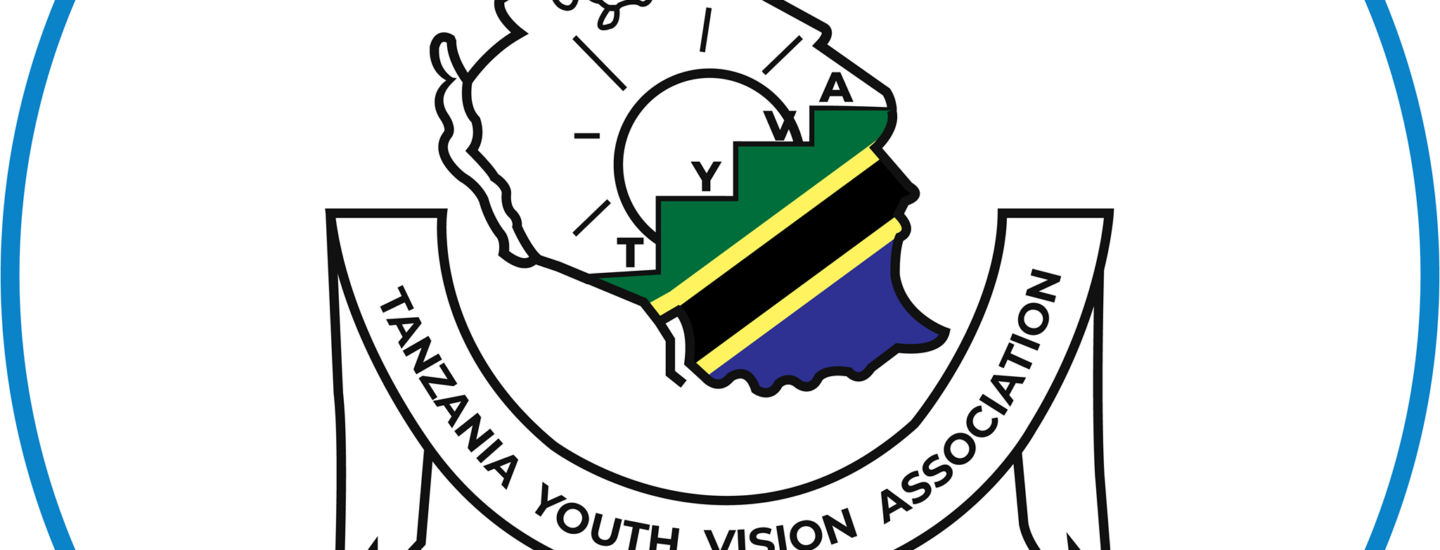Project
VIJANA MAKINI
-
Amount Funded
204,056 EUROProject Duration
01 Apr 2022 - 30 Nov 2023 -
-
Lead organisation
-
Tanzania Youth Vision Association [TYVA] is a youth-led, non-partisan, non-profit, and non-governmental and membership-based organization founded on 29th July 2000 and registered with a registration number [S.O NO.11454] and got new registration under the new NGOAct of 2018 (00NGO/R2/000425) to work as Non-Governmental Organization focusing on youth awareness-raising and empowerment.
TYVA defines youth as of age 16-30, of which concentrate much to bring up and create the opportunity for them.
The Organization was formed to fill a gap of a strong youth organization and to address the challenge of poor youth involvement and participation. It aims at capacity building of youth and youth organizations in civic and social-economic spheres, focusing on bringing about self-realisation and empowerment of young people in Tanzania.
-
Organisation
Tanzania Youth Vision Association [TYVA] is a youth-led, non-partisan, non-profit, and non-governmental and membership-based organization founded on 29th July 2000 and registered with a registration number [S.O NO.11454] and got new registration under the new NGOAct of 2018 (00NGO/R2/000425) to work as Non-Governmental Organization focusing on youth awareness-raising and empowerment.
TYVA defines youth as of age 16-30, of which concentrate much to bring up and create the opportunity for them.
The Organization was formed to fill a gap of a strong youth organization and to address the challenge of poor youth involvement and participation. It aims at capacity building of youth and youth organizations in civic and social-economic spheres, focusing on bringing about self-realisation and empowerment of young people in Tanzania.
-
Project
Vijana Makini Project (Vijana Makini is a Swahili word which translates to Conscious Youth) is a youth-led advocacy intervention that aims to improve youth voices and priorities in national policies and laws including national planning and budget processes. Specifically, the project aims to capacitate young people (aged – 15 – 35, including youth with disabilities, young women, ethnic minorities, and other social groups) with knowledge and skills to participate in national and local level spaces for policy formulation including national and local government planning and budgeting processes. The main objective of the Vijana Makini Project is to contribute to making national and local government budgets responsive to youth needs and priorities.
“The theory of change behind Vijana Makini is that young people are agents of change in ensuring youth responsive national plans and budgets in terms of the process, content, and government expenditure towards addressing youth priority and development interests. Once the capacity of young people in the areas of civic education, advocacy, and leadership skills are enhanced and are involved in research for evidence-based advocacy, conducting of budget analysis, and consultation with decision-makers during the national budgeting processes, the youth are capable to hold the government accountable so that their development needs including youth employment and economic opportunity, access to youth-friendly health services, access to quality education, and inclusion in decision-making processes are actualized through by holding the decision-makers account for the youth responsive national budget. Duty bearers should comply with government policies and laws for youth participation in decision making including national and local government planning and budgeting processes. Capacitating duty bearers by ensuring they are aware of their roles and accountability to youth participation in decision making spaces and processes will improve their execution and compliance to the policies and laws on youth participation”
-
-
Vijana Makini Project (Vijana Makini is a Swahili word which translates to Conscious Youth) is a youth-led advocacy intervention that aims to improve youth voices and priorities in national policies and laws including national planning and budget processes. Specifically, the project aims to capacitate young people (aged – 15 – 35, including youth with disabilities, young women, ethnic minorities, and other social groups) with knowledge and skills to participate in national and local level spaces for policy formulation including national and local government planning and budgeting processes. The main objective of the Vijana Makini Project is to contribute to making national and local government budgets responsive to youth needs and priorities.
“The theory of change behind Vijana Makini is that young people are agents of change in ensuring youth responsive national plans and budgets in terms of the process, content, and government expenditure towards addressing youth priority and development interests. Once the capacity of young people in the areas of civic education, advocacy, and leadership skills are enhanced and are involved in research for evidence-based advocacy, conducting of budget analysis, and consultation with decision-makers during the national budgeting processes, the youth are capable to hold the government accountable so that their development needs including youth employment and economic opportunity, access to youth-friendly health services, access to quality education, and inclusion in decision-making processes are actualized through by holding the decision-makers account for the youth responsive national budget. Duty bearers should comply with government policies and laws for youth participation in decision making including national and local government planning and budgeting processes. Capacitating duty bearers by ensuring they are aware of their roles and accountability to youth participation in decision making spaces and processes will improve their execution and compliance to the policies and laws on youth participation”



